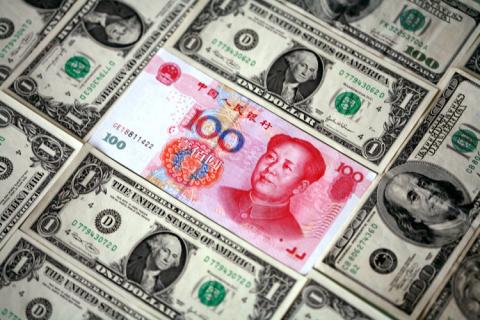
The New York Times this week has featured Op-Ed contributions discussing the weakness of the American Dollar and its potential fall as the world’s major reserve currency. The only obvious choice for a successor to the Dollar is the Chinese renminbi, as argued by Nouriel Roubini. As Roubini points out, major reserve currencies are held by nations that are net foreign creditors and net lenders, not debtors or borrowers, as the US has become, or as the UK was following WWII. Still, the renminbi would have a long way to go before its currency reaches enough international standing to have the financial strength to assume the position of major reserve currency if indeed necessary. As Viktor Zhikai Gao wrote on the 13th, China is very much attached to the dollar (issues with yuan-dollar pegging aside), which is referred to in Mandarin as mei jin, or “American gold”. The massive holdings of US debt in Chinese banks, and the worry that American companies could default on their loans could add to China’s financial troubles. Still, it is unquestionable that the world continues to look to China as the rising power in reserve currency.